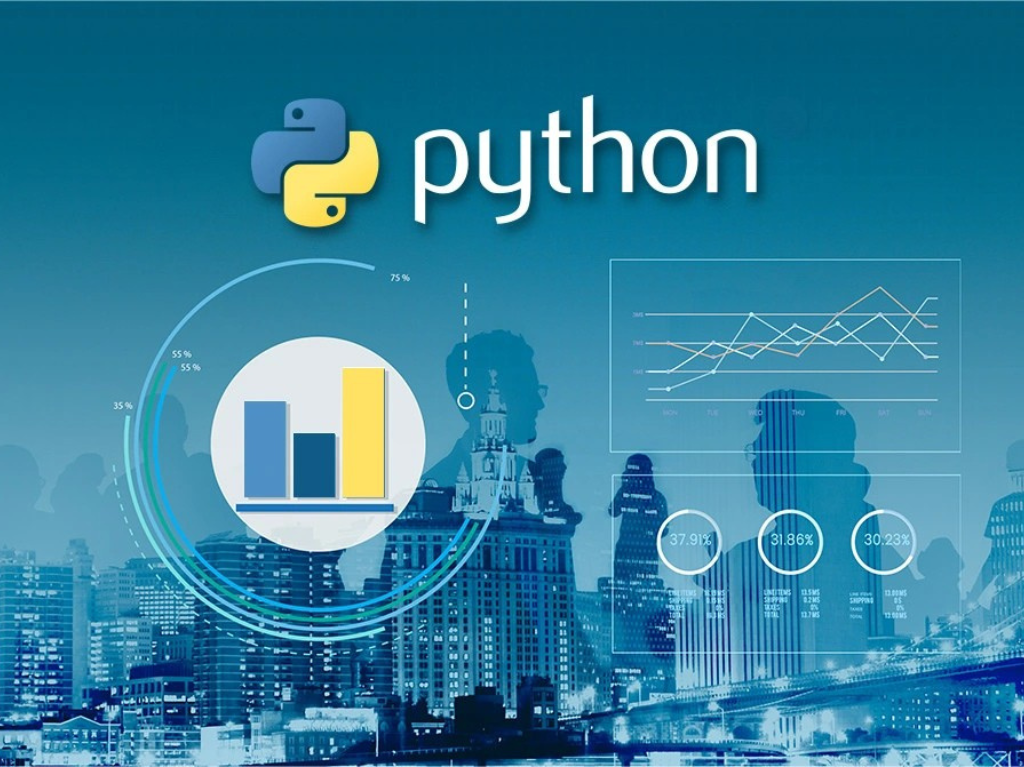From Coding to Career – Best Python Full Stack Developer Course in Bangalore
Skills You Will Learn
- Introduction to Full Stack Development
- Front-End Development
- Version Control Systems
- Backend Development – Python
- API Development – RESTful & GraphQL
- Database Management
- DevOps & Cloud Deployment
- Testing & Debugging
Capstone Project
Here is a comprehensive and structured Python Full Stack Development Course Curriculum that covers modern frontend tools, backend frameworks (Flask & Django), RESTful & GraphQL APIs, database management (SQL & NoSQL), and full-fledged DevOps deployment using AWS, Azure, GCP, Gunicorn, and Nginx/Apache.
Ready to take your first step towards a rewarding career?
Contact WingSlide Technologies today to learn more about our programs and discuss how we can help you achieve your goals!
Get In Touch
Python Full Stack Development Curriculum
- What is Full Stack Development?
- Web Architecture: Frontend, Backend, Database
- Python as a backend language – strengths & ecosystem
- Overview of technologies used: Python, Django, Flask, React/Angular, PostgreSQL, MongoDB, Docker, etc.
- Introduction to Git & GitHub
1. HTML5 & CSS3
- Semantic HTML
- Responsive Design
- CSS Flexbox, Grid
- Bootstrap / Tailwind CSS
2. JavaScript (ES6+)
- Variables, Functions, Arrays, Objects
- DOM, Events, Arrow Functions
- Promises, Async/Await
3. React.js
-
JSX, Components, State, Props
-
Hooks: useState, useEffect
-
Routing with React Router
-
Axios integration
-
Form Handling and Validation
4. Angular
- Angular CLI & folder structure
- Components, Modules, Services
- Routing, Two-way binding, Forms
- HTTPClient, Observables
- RxJS, Pipes, DI
- Git: Initialization, add/commit, branches
- GitHub workflows
- Pull requests & collaboration
Core Python Review
- Data Types, Functions, Loops, OOP
- Exception Handling
- File Handling, Modules
Flask Framework (Micro Framework)
- App routing & templates (Jinja2)
- Request & Response objects
- Blueprints & app structure
- Flask-SQLAlchemy for DB interaction
- RESTful API building with Flask-RESTful
- Flask-JWT-Extended for auth
Django Framework (Full-Featured)
- Django project & app structure
- URL routing, Views, Templates
- Models & Django ORM
- Django REST Framework (DRF)
- Class-based Views & Serializers
- Built-in Admin panel
- Authentication & Permissions
RESTful APIs
- CRUD operations using Django REST & Flask
- API Documentation with Swagger or DRF Docs
- Authentication: Token & JWT-based
- Rate limiting, Throttling, Pagination
GraphQL (with Django or Flask)
- Intro to GraphQL vs REST
- Schema, Query, Mutation, Resolver
- Integration using Graphene (Python)
- GraphiQL Playground
SQL (PostgreSQL / MySQL)
-
Schema Design, Joins, Views
-
SQLAlchemy / Django ORM usage
-
Migrations (Flask-Migrate / Django Migrate)
NoSQL (MongoDB)
- Document model, collections
- CRUD operations via PyMongo or MongoEngine
- Flask + MongoDB integration
Cloud Platforms
- AWS: EC2, RDS, S3, IAM
- Azure: Web App Service, Azure SQL, Blob Storage
- GCP: Compute Engine, Firebase Hosting, Cloud Run
Web Servers
- Gunicorn: WSGI server for Python apps
- Nginx/Apache: Reverse proxy setup
- Configuration & SSL via Let’s Encrypt
Docker (Basics)
- Dockerfile for Python Apps
- Docker Compose
- Building & running containers
CI/CD Tools (Optional Advanced)
- GitHub Actions for Python Projects
- Automated tests, builds, and deployment
- Unit testing with unittest / pytest
- Django test framework
- Postman: API testing (REST + GraphQL)
- Error logging & debugging tools (Sentry, Loguru)


